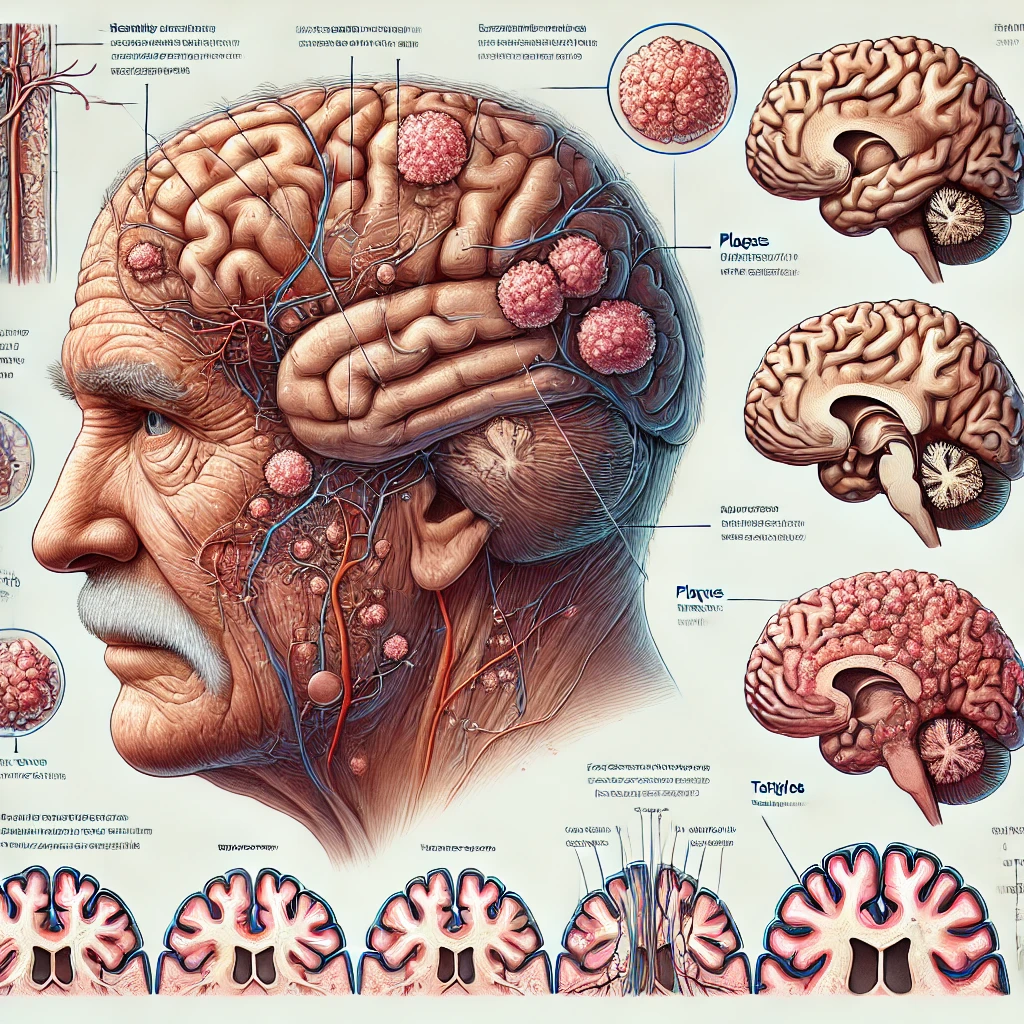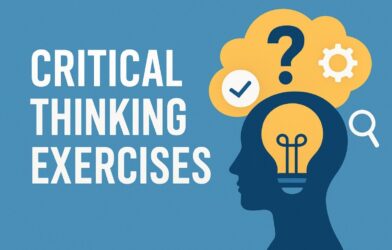Alzheimer’s disease is a formidable adversary, affecting millions worldwide and presenting a profound challenge to both individuals and their families. In this exploration, we delve into the intricate labyrinth of Alzheimer’s, uncovering its origins, progression, impact, and avenues of hope.
Understanding the Basics
Alzheimer’s disease, named after the German psychiatrist Alois Alzheimer who first described it in 1906, is a progressive neurodegenerative disorder. It primarily manifests as memory loss and cognitive decline, gradually impairing an individual’s ability to perform daily tasks, communicate, and ultimately, function independently.
The Underlying Mechanisms
While the exact cause of Alzheimer’s remains elusive, researchers have identified hallmark characteristics within the brain. These include the accumulation of abnormal protein fragments, beta-amyloid plaques, and tau tangles. These structures disrupt communication between brain cells, leading to their dysfunction and eventual death.
Unraveling the Risk Factors
While advancing age is the most significant risk factor for Alzheimer’s disease, it is not a normal part of aging. Genetic factors, such as the presence of the APOE ε4 allele, can increase susceptibility. Lifestyle factors, including cardiovascular health, diet, exercise, and social engagement, also play a crucial role in modifying risk.
The Journey of Progression
Alzheimer’s disease progresses through distinct stages, each with its own set of challenges. In the early stages, individuals may experience mild memory lapses and difficulties with language or spatial orientation. As the disease advances, symptoms worsen, affecting reasoning, judgment, and behavior. In the late stages, individuals may require round-the-clock care, as they lose the ability to recognize loved ones and perform basic self-care tasks.
Impact on Individuals and Families
The impact of Alzheimer’s disease extends beyond the individual diagnosed to their caregivers and loved ones. Caregivers often experience significant emotional, physical, and financial strain as they navigate the complexities of providing care. It is essential to recognize the vital role caregivers play and to provide them with the support and resources they need.
Current Approaches to Treatment
While there is currently no cure for Alzheimer’s disease, several treatments aim to alleviate symptoms and slow its progression. These include medications that target neurotransmitter imbalances, as well as non-pharmacological interventions such as cognitive stimulation, physical exercise, and social engagement. Early diagnosis and intervention are crucial for optimizing treatment effectiveness.
Hope on the Horizon
Despite the challenges posed by Alzheimer’s disease, there is reason for hope. Advances in research are uncovering new insights into the disease’s mechanisms, leading to the development of novel therapeutic approaches. Clinical trials are underway to test promising treatments aimed at modifying the course of the disease and ultimately finding a cure.
Empowering Knowledge and Support
Education and awareness stand as formidable allies in the battle against Alzheimer’s disease. Gaining insight into the intricacies and obstacles of the illness empowers both individuals and families to confront the path ahead with greater readiness. Vital steps include accessing trustworthy information, reaching out to healthcare providers and local community resources for support, and participating actively in advocacy initiatives to advance research and enhance care standards.
In Cleveland, families grappling with Alzheimer’s disease can find valuable support through hospice care services offered in the comfort of home. By partnering with hospice care providers, individuals can receive specialized assistance tailored to their unique needs, ensuring dignity, comfort, and compassionate support throughout the journey.
Conclusion
Alzheimer’s disease is an incredibly difficult condition that affects millions of people around the world. It can be an overwhelming adversary, but it is not unbeatable. By gaining a thorough understanding of the complex mechanisms that contribute to the development of Alzheimer’s, we can work towards developing better treatments and ultimately finding a cure.
Additionally, by advocating for increased support and funding for research, we can help accelerate progress in the fight against this disease. Though there is still much work to be done, there is reason for hope. Every step we take in deepening our understanding of Alzheimer’s brings us closer to a future where no one has to live in fear of its devastating impact.
Read More Articles: Empowering Insights: Living with Autoimmune Hepatitis.














Comments are closed